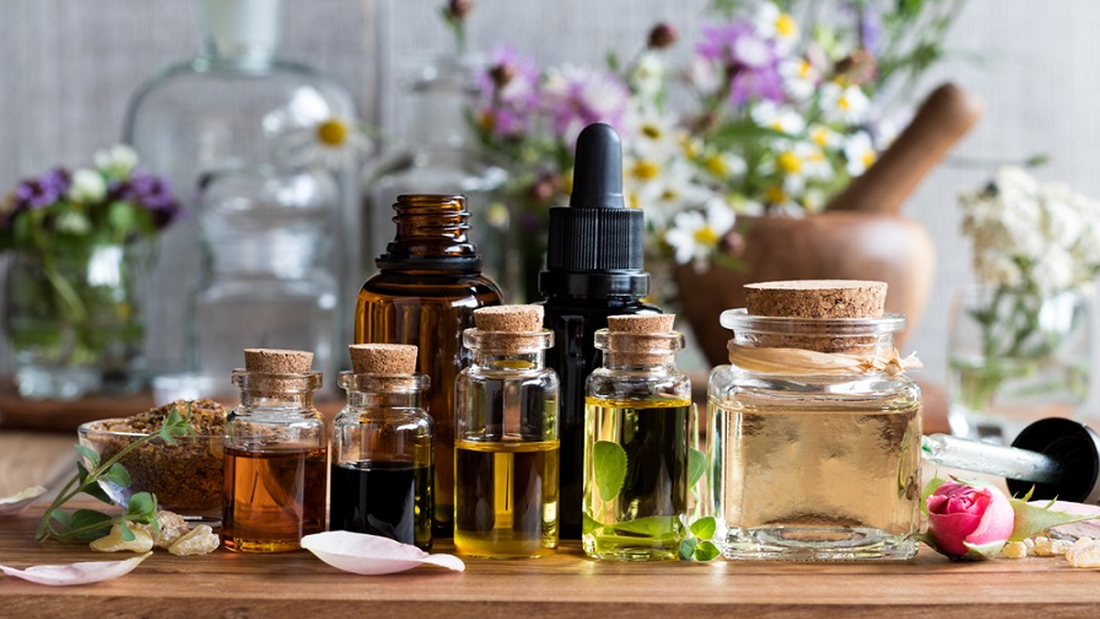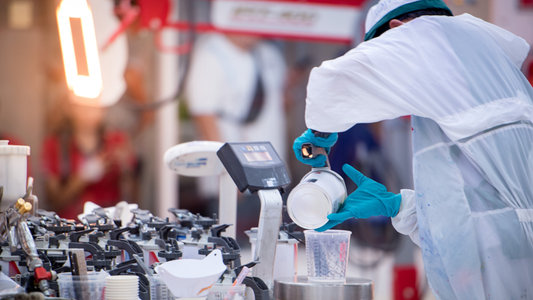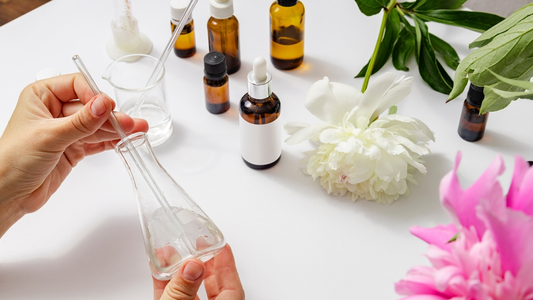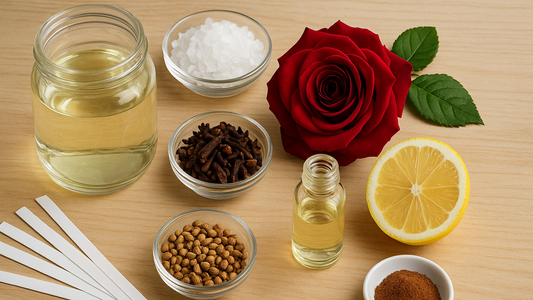The inclusion of fragrances in cosmetic products holds significant importance and is frequently considered a dominant factor when consumers choose their beauty products. Fragrances also serve a substantial purpose in concealing unpleasant odours that can emerge from the presence of fatty acids, oils, and surfactants commonly utilized in cosmetic formulations.
Importance of artificial aroma in beauty products
While natural ingredients are often an excellent choice for flavours, they may not always be feasible for fragrance production. While the taste of a strawberry is unmistakable, capturing its scent naturally can become a huge challenge. This holds for a wide variety of fruits and flowers, which is why modern suppliers offer a diverse collection of synthetic aroma chemicals. These chemicals enable the creation of virtually any desired scent, catering to the specific needs and preferences of businesses and their customers.
These aroma chemicals can mimic the natural scents of various flavours. Whether it's raspberry, vanilla, coconut, or even savoury aromas. This way a wide array of industries can utilize cosmetic fragrance in numerous beauty products.
We have mentioned a few examples of cosmetic fragrances used in beauty products below:
Hexylene glycol
Hexylene glycol is a popular fragrance used in cosmetics. It has gained a reputation for its remarkable solvent capabilities across a broad range of materials, making it a sought-after ingredient in skincare formulations. Its notable ability to enhance texture has made it popular in these formulas.
Dihydro carveol
Dihydrocarveol (RRR) is an aromatic component utilized in various applications. It serves as a fragrance ingredient in decorative cosmetics, fine fragrances, shampoos, toilet soaps, and other personal care items. Since it has a minty flavour, it is mostly used in body mists.
Additionally, dihydrocarveol finds utility in non-cosmetic products like household cleaners and detergents. Its versatile nature allows it to contribute to the scent profiles of a wide range of products across different industries.
Limonene
Limonene finds application in the formulation of an extensive array of products. It is commonly used in aftershave lotions, bath products, bubble baths, cleansing products, eye shadows, hair products, lipsticks, mascara, moisturizers, perfumes, colognes, shampoos, skin care products, and suntan products. Its versatile nature allows it to contribute to the formulation of various personal care and cosmetic items, enhancing their fragrance and overall performance.
If you are scouting for chemicals supplier or large scale manufacturer for artificial fragrance to be used in the cosmetics and personal care products, contact SBBLG today!





